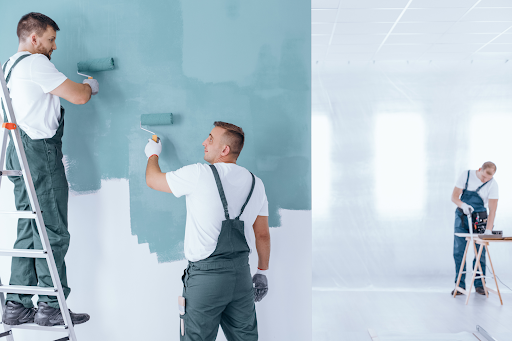Proactive Measures to Safeguard Your Home
Your house is your castle, and keeping your home safe should be an important priority so that you and your property remain safe. From averting probable tragedies to managing crucial facilities, preparedness can prevent hefty expenditures and stress. This article will highlight some of the most important measures that any homeowner can take to protect their house with an emphasis on the most concrete steps.
1. Regular Maintenance of Plumbing Systems
Perhaps there is no quicker way to avoid water damage in your home than through proper maintenance of plumbing structures. Every little crack or problem can turn into a major case if it is not taken care of immediately. Check your pipes, faucets, and drains frequently for signs of corrosion or cracks. In the event of a problem, make sure to report it early so that you do not have to seek emergency plumbing. It is always important to have your plumbing system checked regularly to ensure that there are no upcoming issues that may cause big problems.
2. Schedule Routine Septic Tank Pumping
If your home uses a septic system, pumping your septic tank is very important to avoid system clogging and failure. If septic systems are not maintained regularly, one can end up having to repair the system or experience some unpleasant incidents like having a sewage backup in the house. Moreover, septic tank pumping should be done every 3-5 years depending on usage to enhance the efficiency of the system and to avoid risky incidents. This simple measure is one of the most effective protection measures against possible damage to plumbing and sanitation systems at home.
3. Install Security Systems
Home safety is one of the most important concerns of every homeowner and one of the most effective measures is to install a security system at home. Contemporary security systems available in the market include alarms, surveillance cameras, and smart locks that can be controlled remotely. Having a security system installed also helps in deterring criminals thus making homes secure even when the owners are out of town. Effective security systems need frequent updates and maintenance to help them continue functioning as they were designed.
4. Perform Seasonal Checks on Home Infrastructure
Any part of a home is vulnerable to seasonal changes, including the roof and the main foundation. These are certain checks that need to be conducted at least once per season so that any risks are dealt with before they become serious. Look for missing shingles on the roof, empty your gutters, look for any cracks in the foundation of your house, and look for areas where the insulation of the house may be compromised. These measures go a long way in protecting your home from any weather damage and maintaining it in pristine condition at all times.
5. Prepare for Emergencies with Essential Supplies
Emergency preparedness is one of the key components of home protection. Have an emergency kit in your home with items such as flashlights, batteries, first aid kits and items, and tools among other relevant items. Also, make sure that you have emergency contact numbers of related service providers such as emergency plumbers. Ensuring safety allows you to react quickly, preventing or at least reducing the risks in various situations, as well as protecting the family members.









